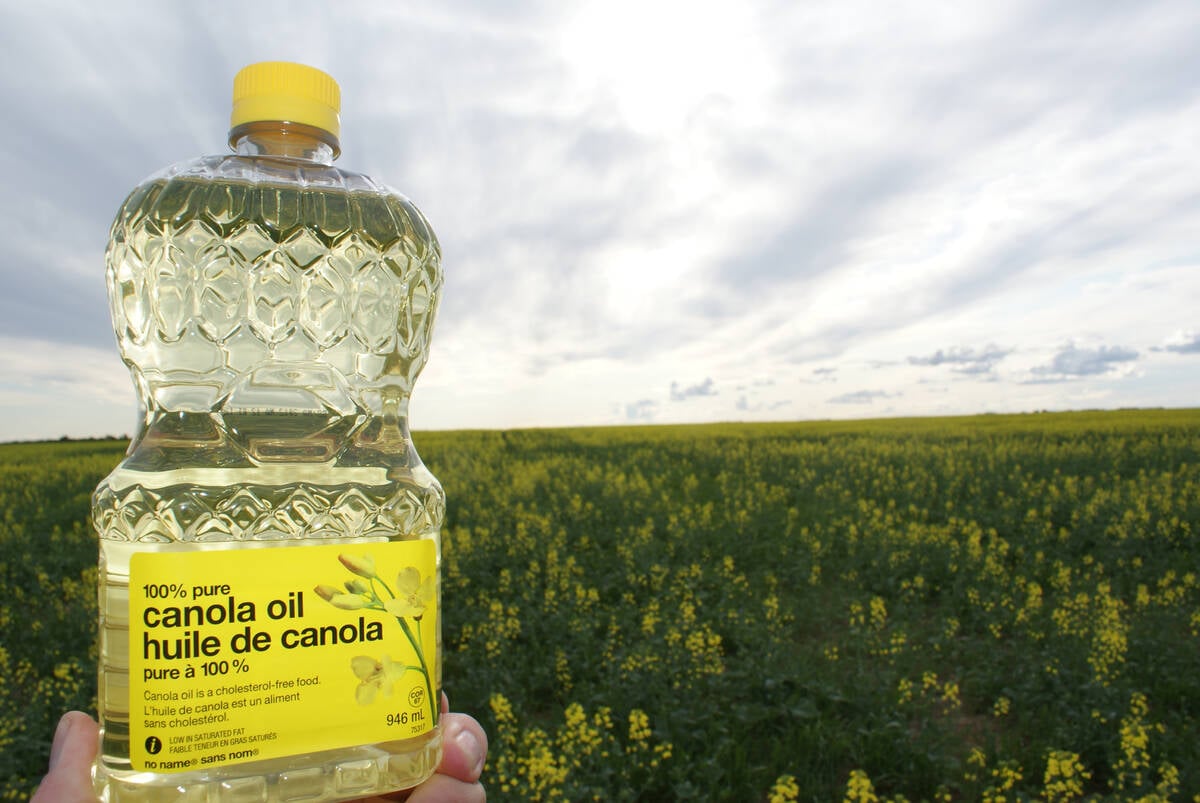Getting accredited as an exporter of Australian wheat may not be the last word on Paterson GlobalFood’s business activities Down Under.
Keith Bruch, vice-president of operations for the Winnipeg company, said the next logical step would be to acquire physical assets in the Australian grain industry.
But he emphasized nothing will happen soon.
“We’d probably like to own assets, but we’ll pick our time and place to do that,” he said.
“It’s always better to have control of assets when you’re in the marketing business, but there is overcapacity there currently.”
Read Also

Rising vegetable oil demand may offset bad biofuel news
Global biodiesel/renewable diesel production is expected to decline for the first time in a decade. Bad timing for a canola industry looking for new markets.
In the meantime, the company will do business through Australia’s existing network of grain elevators, which are required by law to provide access to any grain company.
In Australia, accredited exporters deal directly with farmers and buyers and look after the logistics of exports.
Bruch contrasted his company’s approach to that of Viterra, which spent $1.4 billion last year to buy all the assets of ABB Grain Ltd, that country’s largest grain company.
“They have more money than we do,” he said with a laugh. “They can go in and do things in one fell swoop.”
Paterson received accreditation from the Australian Wheat Export Authority on March 10, making it the 29th accredited exporter of bulk wheat.
Paterson does business in Australia through its wholly owned subsidiary Global Grain Australia, which has offices in Melbourne.
Bruch said Paterson has been active in Australia for more than 10 years, trading a variety of commodities, including organic grains, special crops like mustard and flaxseed, barley, canola, sorghum and pulses, in the export and domestic markets.
As of last year the company was annually exporting about 200,000 tonnes of Australian products to 18 countries around the world.
Bruch said the company has kept an eye on the debate over deregulation in the Australian wheat industry and tried to position itself accordingly.
The first step came in 2007 when export of wheat in containers was allowed, followed by deregulation of bulk wheat exports in 2008.
That created a rush of dozens of companies trying to get into the wheat export business, which resulted in transportation and handling problems.
Paterson decided not to be part of that initial rush, said Bruch.
“We just sat back and watched and tried to understand how the dynamics would work out,” he said. “We wanted to see how things would evolve under deregulation and let things settle down a bit. Once they did, we decided to go forward.”
Bruch declined to talk about how much wheat the company expects to export out of Australia but predicted it will become a “more and more significant part of our business.”














